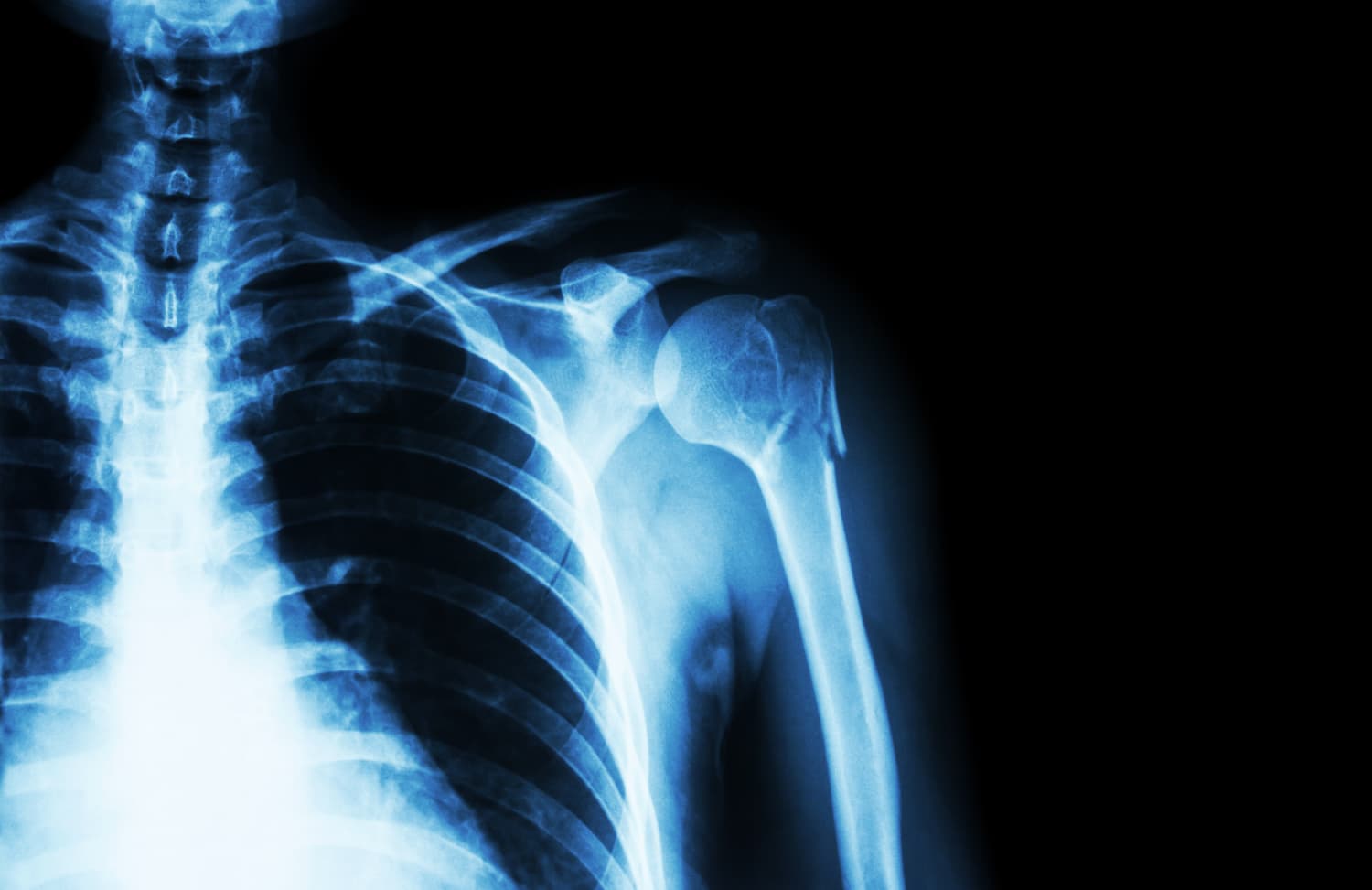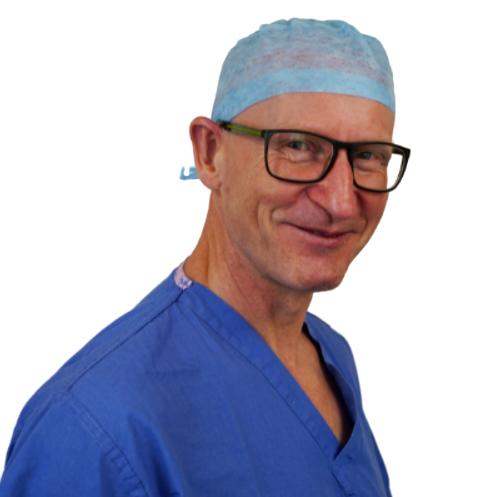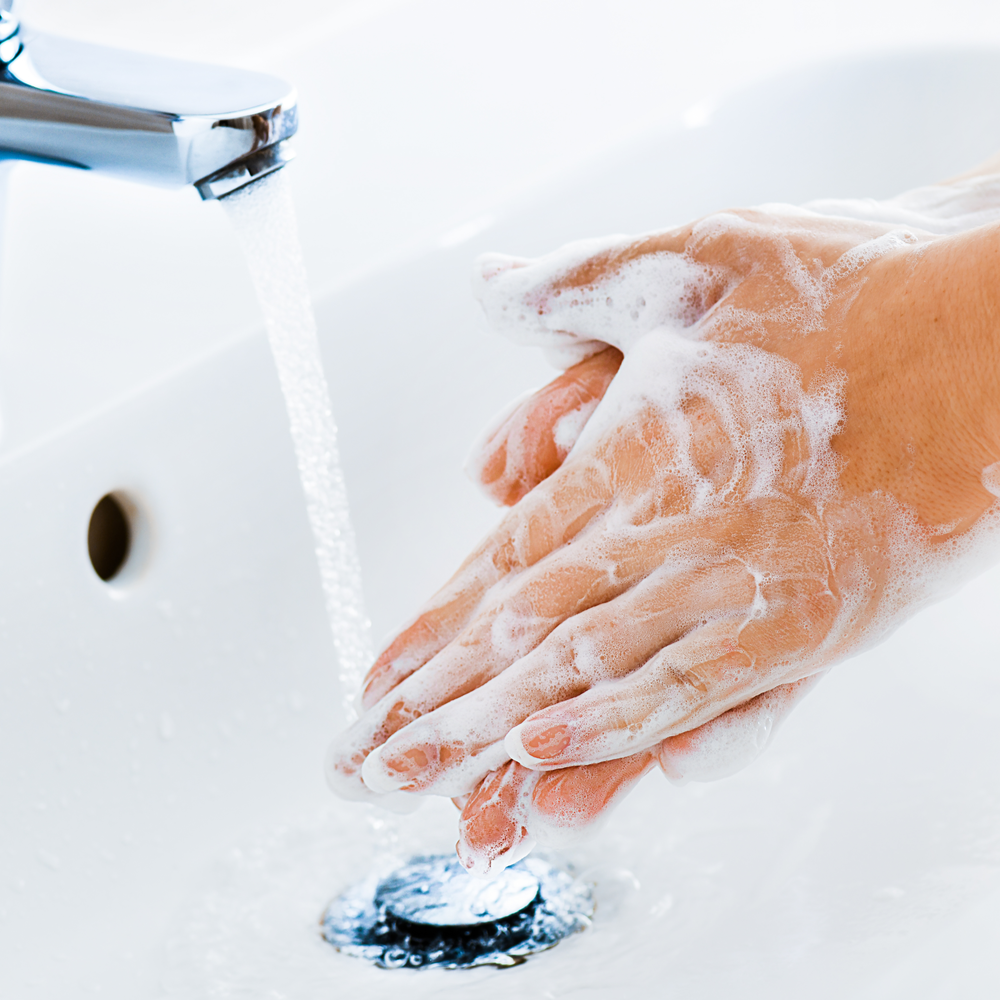What is an ACJ dislocation?
The acromioclavicular joint (ACJ) is located at the tip of the shoulder where the shoulder blade (scapula) and the collarbone (clavicle) come together. These two bones are held in place by tough, sinewy tissues and ligaments, whilst there is also a pad within the joint (meniscus) that enables the bones to move on each other.
If you are experiencing severe pain, swelling or reduced mobility around your shoulder joint, this may be because the acromioclavicular joint has been damaged or dislocated. The most common causes for this type of injury tend to be as a result of direct impact on the point where your scapula and clavicle meet, often through sports or heavy labour.

Dislocated ACJ treatment
Most ACJ shoulder injuries tend to be classified as Type 1 or Type 2 injuries.
Fortunately, most of these cases will not require surgery and almost all can be managed with:
• Painkillers and anti-inflammatories
• Physiotherapy to ‘retrain’ the shoulder muscles
Most people fully recover without any problems, however, some athletes and manual workers may experience persistent symptoms and require surgery.
Surgery is indicated if the shoulder is still painful and there is some functional loss at about three to six months after the injury.
What happens if I need surgery?
For more severe types of ACJ shoulder dislocations or injury, the removal of the damaged joint may need to be performed by a surgeon. This is usually done by keyhole surgery and is known as an arthroscopic ACJ excision.
An arthroscopic ACJ excision is usually performed under a general anaesthetic. Your surgeon will usually make two to four small incisions around the acromioclavicular joint. They will place a thin telescope (camera) through one of the incisions to examine the joint and place surgical instruments through the other to remove the damaged cartilage.
Consultants that perform this procedure
Get referred to The Horder Centre today
The Horder Centre provides the highest quality services to NHS, privately insured and self-pay patients, from initial consultation and diagnostic tests right through to surgical treatment and rehabilitation.
We are rated as a 5* healthcare provider
Read our latest patient reviews on the NHS Choices website.








